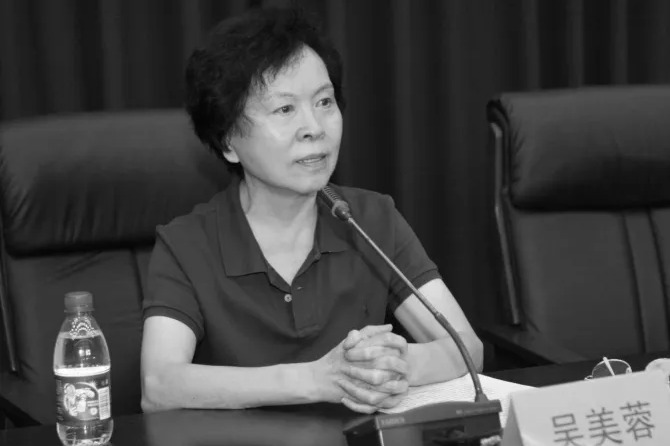Tech offers new avenues to publishers
Industry majors embracing AI, large language models amid upgrading


As artificial intelligence and large language models reshape the publishing industry, Chinese educational publishers are leading this transformation. Through strategic digital integration, international collaboration and a commitment to innovation, they aim to enhance their operational capabilities while setting new global benchmarks.
A national survey in April revealed that in 2023, 59.8 percent of Chinese people read books, while 80.3 percent read via digital platforms, indicating that online and mobile reading dominate digital consumption.
Huang Zhijian, chairman of China Publishing Group, said that reading habits, distribution, marketing and competition are changing rapidly. New entrants are altering industry rules, making digital intelligence technology essential.
"We must decide how to engage with this technology, what to change or retain, and what we aim to achieve," he added.
As a matter of fact, CPG has been leveraging digital technology to overcome constraints, improve dissemination experiences, and enhance human-machine collaboration.
Highlighted projects include the online Beijing International Book Fair during the COVID-19 pandemic, a digital avatar of poet Su Dongpo from the Song Dynasty (960-1279), and an encyclopedia robot, Sinanjun, which can answer people's questions. Besides, CPG uses databases and AI to improve translation efficiency.
However, Huang said it is also important to maintain core capabilities in selecting and curating valuable knowledge from vast information pools, ensuring that technological advancements are used judiciously to avoid redundancy and misuse.
For publishers such as Higher Education Press, Foreign Language Teaching and Research Press, and Phoenix Publishing & Media Group, digital intelligence and digital publishing have become major engines driving their growth.
Established in 1954, HEP has a rich history in educational materials and has transferred over 90 percent of its textbooks to digital formats. HEP's initiatives include the Smart Education of China platform that hosts over 27,000 massive open online courses and 3,000 virtual experiments, with users from 182 countries and regions worldwide. The platform won the 2023 UNESCO ICT in Education Prize.
In April 2020, HEP launched the iCourse online platform, offering high-quality Chinese courses to global students. It was selected for the UNESCO Global Education Coalition and recommended to African universities. The platform features over 400 English courses and has attracted learners from more than 150 countries.
Liu Chao, president of HEP, said that the publisher is also collaborating with tech companies and academic institutions to integrate AI into its workflow, including developing intelligent proofreading systems and AI-enabled textbooks. This digital transformation has boosted its market presence, with a 15-percent increase in digital product sales in the first half of 2024.
Wang Fang, president of FLTRP, said that the publishing house has restructured its organization every two to three years, creating digital teams and a digital management center to oversee AI integration. It has also introduced performance metrics to encourage synergy between traditional and digital publishing divisions.
As talent is the key to digital development, FLTRP has invested heavily in training, with over a quarter of its 2,200 employees now focused on digital initiatives. These adjustments aim to harness AI's potential, offering richer, multimodal educational resources. FLTRP's digital transformation has led to 18-percent growth, primarily from digital business.
Zhang Chaoyang, president of PPMG, said that the group has embraced digital publishing, e-commerce, data services and digital devices, with its 2023 digital publishing revenue reaching 1 billion yuan ($138.8 million). It aims to double its digital economy revenue and expand the user base to over 50 million in the next five years.
Facing the fast development of digital intelligence, Zhang emphasized the group's investment in high-efficiency editorial and innovation teams, fostering continuous learning and adaptation. Recognized among the top 10 global publishing companies by revenue for three consecutive years, its impact on the international stage is significant.
"Despite some progress in digital and educational publishing, our digital transformation remains challenging, with a notable gap compared to leading global companies. We must increase investment in smart technologies, enhance international publishing capabilities, explore innovative integration methods, and boost the share and revenue of our digital publishing business," said Zhang.
- Tech offers new avenues to publishers
- China strengthens plague prevention, control with new guidelines
- Highway bridge collapse leaves 38 dead and 24 missing in Shaanxi
- Shanghai expands day care centers to support working parents
- Shanghai's iconic Baixin Bookstore reopens with a new look
- Canadian warship hype sends wrong signal to Taiwan separatists



































